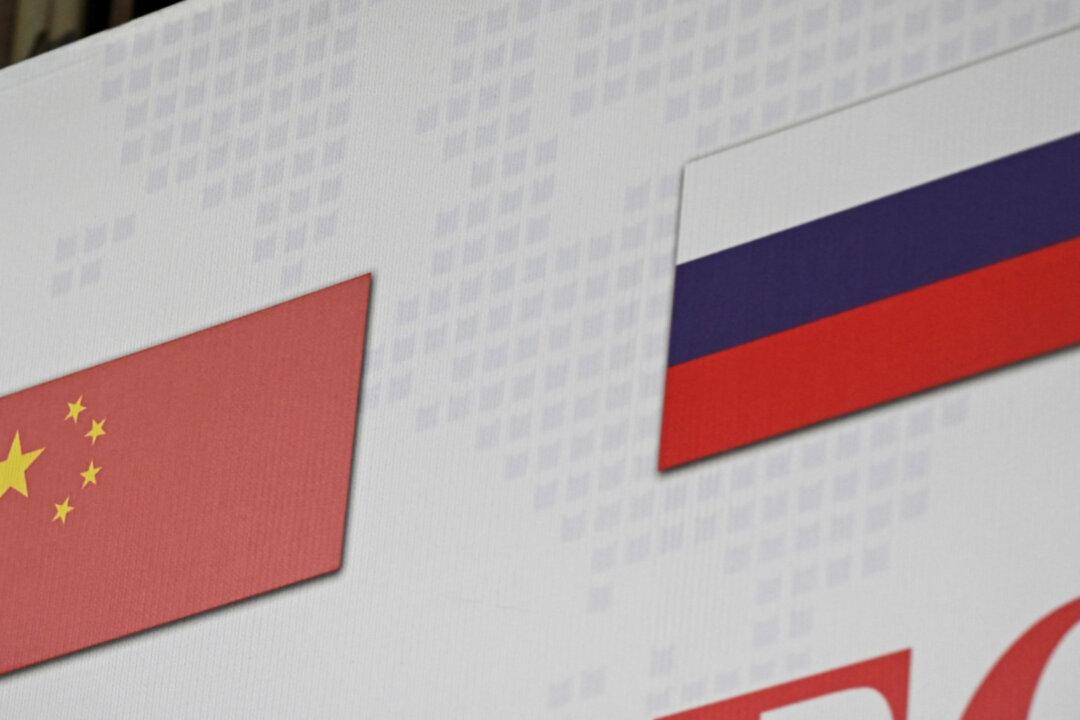China’s defense chief will visit Russia on Sunday for talks with Russian military leaders, the Chinese Defense Ministry said on Friday, as the two allies seek to bolster their military alliance on the heels of Russia’s ongoing war in Ukraine.
Chinese Defense Minister Li Shangfu will embark on a four-day visit to Moscow at the invitation of his Russian counterpart, Sergei Shoigu, Chinese Defense Ministry spokesperson Tan Kefei told reporters.





